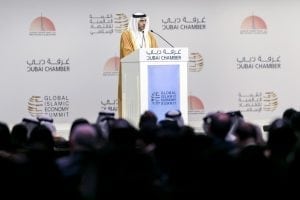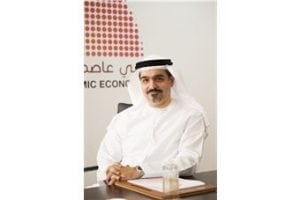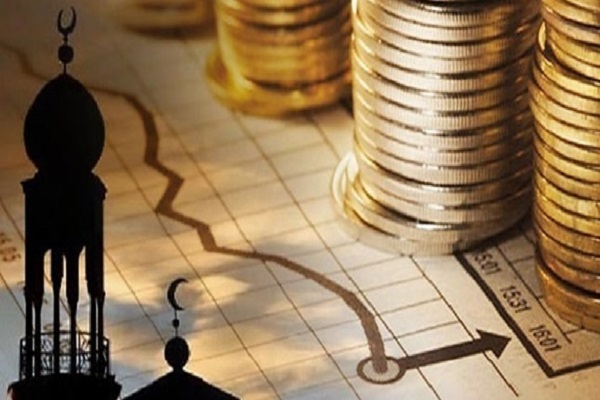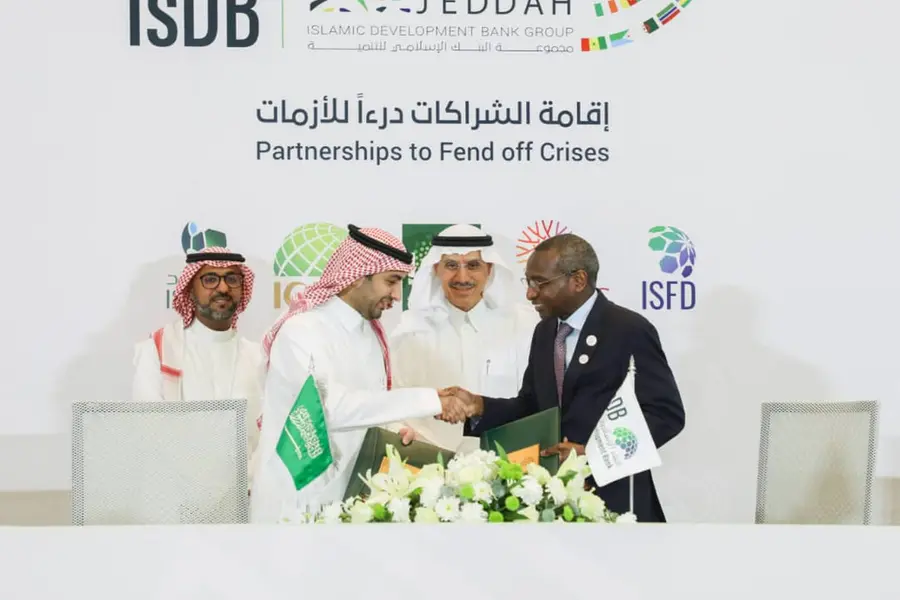In line with the directives of His Highness Sheikh Hamdan bin Mohammed bin Rashid Al Maktoum, Crown Prince of Dubai and Chairman of the Dubai Executive Council, the Dubai Islamic Economy Development Centre (DIEDC) is gearing up to host the fifth Islamic Economy Award on 27 November, 2017 under the patronage of His Highness Sheikh Mohammed bin Rashid Al Maktoum, Vice President and Prime Minister of the UAE and Ruler of Dubai.
A joint initiative of DIEDC and the Dubai Chamber of Commerce and Industry (Dubai Chamber), the Award recognises the efforts of institutions and entrepreneurs across the world in offering innovative concepts that best integrate Islamic economy standards and have a positive impact on global socio-economic development.
The ceremony will give away eight awards, as well as the Lifetime Achievement Award to one notable individual whose work over several decades has inspired others and had a major positive impact on the Islamic economy.
His Excellency Sultan bin Saeed Al Mansouri, Minister of Economy and Chairman of DIEDC, said: “Celebrating innovators across Islamic economy sectors is a recognition of the impact of innovation in achieving sustainability with all its socioeconomic dimensions. It is also a recognition of the principles and standards that define an Islamic economy and their ability to adapt to people’s requirements. The Islamic Economy awards gain added significance with the Islamic economy anticipated to value more than US$3 trillion by 2021.”
He added: “The UAE is looking forward to marking a historic centenary milestone in 2071 through successfully securing resources to grow and diversify the national income away from oil, increase productivity in national economy sectors, invest in youth capabilities, and reinforce values and ethics in the education ecosystem. These are the principles that make Islamic economy a key partner in building generations that will enjoy a happy life, a safe environment and a bigger opportunity to communicate with the world.
“The fifth edition of the Islamic Economy Award is very important in light of Dubai’s and the UAE’s great achievements in strengthening the foundations of development and economy based on innovation, knowledge and sustainable energy. Islamic economy enhances these foundations with all its sectors through its commitment to the basics of sustainable investment and its adoption of innovative ideas to develop real economic sectors.”
Al Mansouri pointed out that the Award with its benchmarks has improved awareness about the importance of sustainable social impact of economic activities, and has created a new culture of competitiveness that is based on humanitarian and social dimensions, without only focusing on the quantitative accumulation of products and wealth. He mentioned that this culture has become today a target that the largest world economies are seeking to achieve in their investments.
Al Mansouri concluded: “Winners of the Islamic Economy Award carry a noble message. This is clearly validated in their interest to compete in sectors that respect standards of safety and security in resource and wealth investments, protect social accomplishments, and revive the cultural heritage of the Islamic world.”
For his part, His Excellency Majid Saif Al Ghurair, Chairman, Dubai Chamber of Commerce and Industry and Board Member of the Dubai Islamic Economy Development Centre, said: “The Islamic Economy Award, which we organise annually in cooperation with DIEDC, is one of the world’s most prestigious awards to honour innovative and Islamic-compliant businesses and institutions that have a positive impact on economic and social development in the world. The Award has become an incentive for participants around the world to launch the best products and solutions that are compatible with the goals and objectives of Islamic economy. The Award also encourages the new generation to contribute to a better sustainable future.
“We, at Dubai Chamber, are committed to supporting initiatives that are in line with the vision of His Highness Sheikh Mohammed bin Rashid Al Maktoum to shape Dubai into the global capital of Islamic economy.”
His Excellency Hussain Al Qemzi, DIEDC Board Member and Head of the Award’s judging panel, said: “Since its launch in 2013 under the patronage of His Highness Sheikh Mohammed bin Rashid Al Maktoum, the Islamic Economy Award has attracted more than 1,100 applications from 47 countries, demonstrating Dubai’s leading status in its efforts to emerge as the global capital of Islamic economy and a key centre for developing the legislative and regulatory environment of the Islamic economy.
“In addition to sponsoring and honouring the innovators, Dubai is building an integrated knowledge base on the sectors of this ecosystem for future generations. From year to year, we see the growing maturity in the experience and awareness levels of individuals and institutions with regard to the concepts of Islamic economics. This in itself reflects the success of the Award in promoting these concepts among entrepreneurs and creating new trends in the world of finance and investment that enrich the economic activity in general.”
Abdulla Mohammed Al Awar, CEO of Dubai Islamic Economy Development Centre (DIEDC), said: “The Islamic Economy Award initiative was launched before we began implementing our strategy to achieve the vision of His Highness Sheikh
Mohammed bin Rashid Al Maktoum to position Dubai as the global capital of Islamic economy. This has strengthened our commitment to laying the foundations for the development of the Islamic economy and the creation of initiatives that stimulate innovation and allow a variety of entrepreneurs to contribute to the development of the Islamic economy.”
Al Awar said that the Award has always been a shining proof of the flexibility of the standards and ethics of Islamic economy not only in keeping pace with development but in inspiring many individuals and institutions around the world to innovate.
He added: “All the stakeholders became partners in shaping the future of the Islamic economy in particular and the future of sustainable development in general.”
The Islamic Economy Award recognises the leading contributions and achievements globally in the Islamic economy sphere across eight categories:
1. Money and Finance – Islamic banking and finance, takaful, emerging sectors and sukuk
2. Food and Health – Agriculture, ingredients and manufacturing, retail, logistics, research, product development and food services, cosmetics, personal care, and pharmaceuticals
3. Media – Entertainment shows, publications, social media, and mobile apps
4. Hospitality and Tourism – Family-friendly travel, meetings, incentives, conferences and exhibitions (MICE), medical tourism, and hajj/umrah
5. Waqf and Endowments – Innovative solutions, government-managed and private waqf management services, and cross-border waqf
6. SME Development – Technology, incubation, training, infrastructure, and SME ecosystem development
7. Islamic Economy Knowledge Infrastructure – Research and educational institutions or initiatives, compliance and standardisation, thought leaders and authors
8. Islamic Arts – Fine arts, visual arts, performing arts and design





